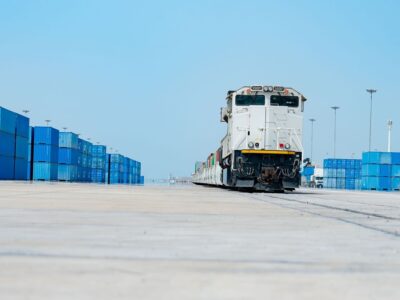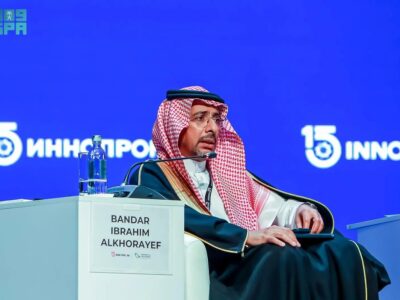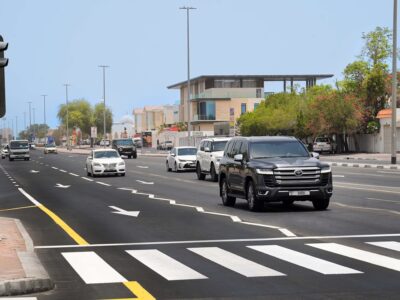Prominent Arab businessmen and politicians have questioned the commitment regional governments actually have for political and economic reform in the Arab World.
The verdict followed a session entitled “The Reform Agenda” at the recent World Economic Forum. Participants from all strands of business and political community in the region voted overwhelmingly at 94% saying they believed talk of reform across the Arab World was “merely rhetorical.”
“Reform starts at the top and reform is in conflict with the interests of the leaderships in the Arab world,” said Naguib Sawiris, chairman and CEO of Orascom telecomm Holding Egypt. “There have been major meetings discussing reform, but there have been no real changes.”
Sawiris went on to say he believed the private sector should be given a wider role in order to help liberalise regional economies. “We do it better and without corruption,” he said.
Mohammed Ali Alabbar, chairman of Emaar Properties echoed those views, suggesting the region had talked a great deal about changing the way societies are run, but had not put any action plan to resolve these problems.
Elsewhere, HRH Prince Turki Al Faisal, Saudi Ambassador to the United Kingdom agreed Arab countries had made mistakes, but needed to take immediate steps to correct them.
“The issue of civil liberties is integral to any reform in all our countries,” he said. “Not everyone is happy about the process and in Saudi Arabia there are people, who want to take us back many centuries. That is not going to happen,” he added.
Other issues delegates voted on included the most urgent problems the Arab World needed to tackle. Although over 50% voted for improving human freedom and democratic governance, more than 40% pointed to lack of education as a key obstacle for the region.
“Reform is no longer a luxury, but a necessity,” said Rima Khalaf Hunaidi, assistant secretary-general United Nations Development Programme (UNDP), New York. “It must go beyond economic liberalisation to political and social reform. Some 65 million Arabs are still illiterate, 50% of all women can neither read nor write, and 10 million Arab children have no schooling,” she concluded.
One question also posed was on United States role in helping democratise the region. A majority of delegates believed US actions were hindering regional reform.
However, not everybody agreed with the sceptical attitude in Jordan. Speaking to Arabian Business, Abdulla Zamil, chief operating officer of Saudi Arabia’s Zamil Industrial Investment Company claimed too much was made of the lack of reform from the current crop of regional leaders.
“I think it’s an overstatement,” he said. “There is a need for government leaders here to be involved in the evolution process, so that there is natural transition, but if not you will have revolution.”
Although acknowledging the pace of reform needed to accelerate, he suggested the amount of reform in Saudi Arabia over the last 4 years had exceeded the reform process of the last 20 years.







